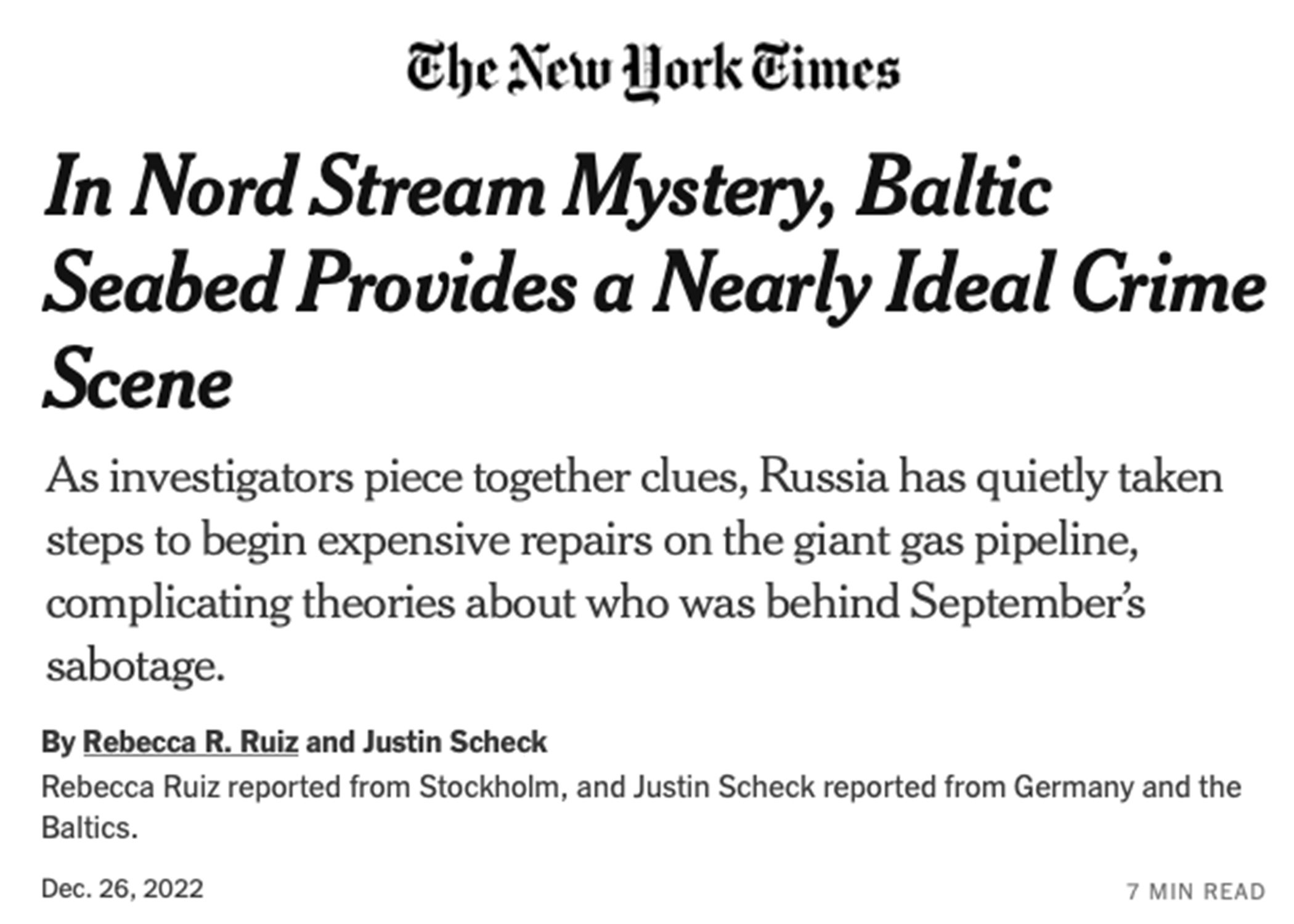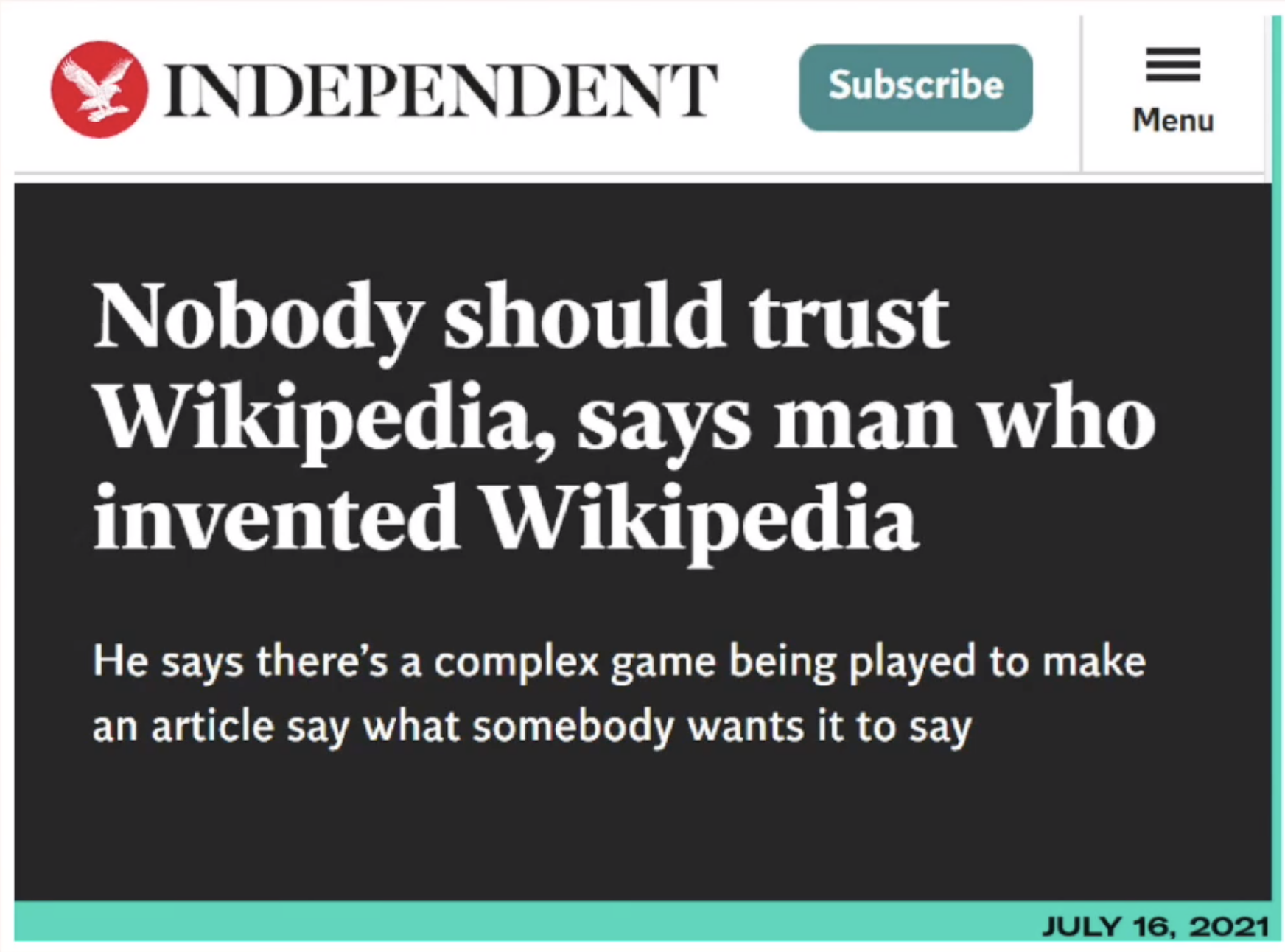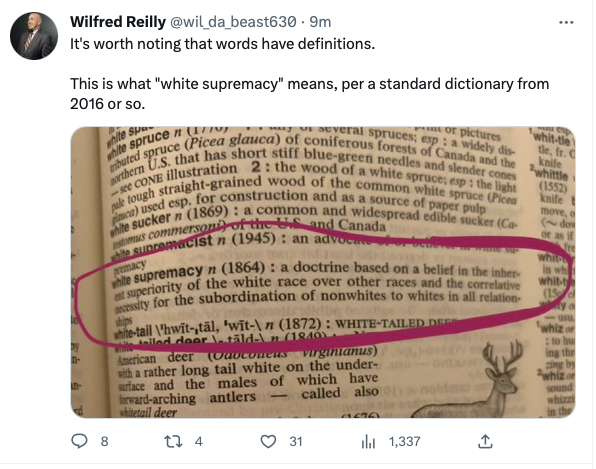New York Times Refuses to Acknowledge Seymour Hersh Evidence that Joe Biden Committed the “Crime” of Destroying the Nord Stream Pipeline

Someone blew up the Nord Stream Pipeline. On Dec 26, the New York Times wrote a long article calling this a "crime." On Feb 8, Seymour Hersh gave us detailed evidence that Joe Biden committed this crime. The NYT has refused to even mention Hersh's blockbuster investigation. Here's the chronology.
Feb 7, 2022: Joe Biden promises that Russia invades Ukraine, the Nordstream 2 Pipeline will not be operational: "We will bring an end to it."
Sept 26, 2022 - The Nordstream 2 pipeline is destroyed.
Sept 28, 2022 - Washington Post scolds Tucker Carlson for reporting that the U.S. destroyed Russia's pipeline.
Sept 30, 2022 - White house denies U.S. involvement in destroying the pipeline. Accuses the Russians of lying. Claims that Russia destroyed its own pipeline. Mass Media gaslights U.S. Citizens that Russia purportedly blew up its own pipeline (see video below).
Feb 8, 2023 - Highly respected investigative reporter Seymour Hersh issues news article detailed how the U.S. blew up the Nordstream 2 Pipeline.
Feb 8, 2023 - The White House claims that the article by Hersh, a well-decorated reporter, is "utterly false and complete fiction."
As of Feb 12, 2023 - The New York Times refuses to discuss Hersh's blockbuster findings.


